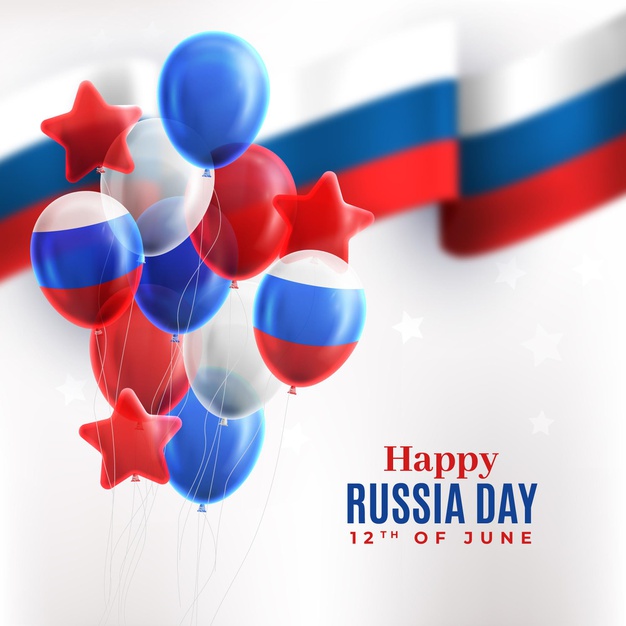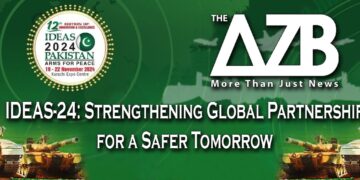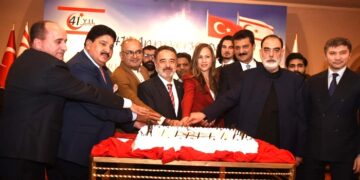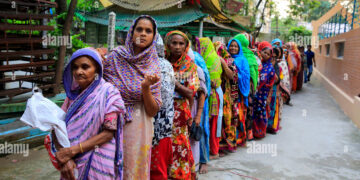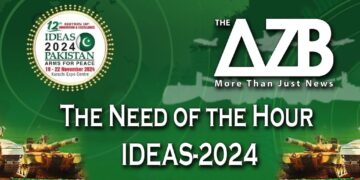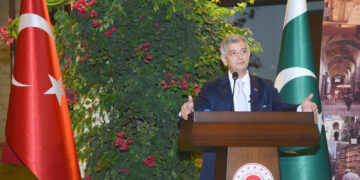Dear readers, let us have a look at what and where Russia is since quite a few people perceive it as a country of severe cold, forests, balalaika and bears.
A glimpse of Russia:
The Russian Federation occupies about one-seventh of the earth’s surface, it is the largest country in the world. It covers the eastern part of Europe and the northern part of Asia. Its total area is about 17 million square km. The country is washed by the seas of 3 oceans: the Pacific, the Arctic and the Atlantic. It borders on a lot of big and small countries on land.
On the vast territory of the country there are various types of climate, from arctic in the north to subtropical in the south with a variety of scenery and vegetation. The country is rich in oil, coal, iron ore, natural gas, copper, nickel and a lot other mineral resources. No less valuable treasure is the country’s scientific and cultural heritage which is generously being shared with the world.
A bit of history:
The prehistory of Russia begins with the histories of the East Slavs. The start-date of specifically Russian history is the establishment of the Rus’ state in the north in 862 ruled by the Varangians. Novgorod (Velikiy Novgorod nowadays) became the first major city of the new union of immigrants from Scandinavia with the Slavs and Finno-Ugrians. In 882 Prince of Novgorod seized Kiev, thereby uniting the northern and southern lands of the Eastern Slavs under one authority. The state adopted Christianity from the Byzantine Empire in 988, beginning the synthesis of Byzantine and Slavic cultures.
After the 13th century, Moscow became a strong center and the territories of the Grand Duchy of Moscow became the Tsardom of Russia in 1547. In 1721 following the victory in the Great Northern War over the Swedish Empire Peter the Great renamed the state as the Russian Empire.
The beginning of the 20th century was marked by three revolutions triggered by a combination of war-weariness, economic breakdown, and discontent with the autocratic system of government. The overthrow of the monarchy in 1917 led to seizure of power by the communist Bolsheviks. Between 1922 and 1991 the history of Russia became essentially the history of the Soviet Union, effectively an ideologically-based state. By the mid-1980s Mikhail Gorbachev embarked on major reforms, which eventually led to the overthrow of the communist party and the breakup of the USSR, which gave the start of the history of post-Soviet Russia.
The Russian Federation, as the country is named now, came into being in 1991 as the legal successor to the USSR. Russia retained its nuclear arsenal but lost its superpower status. President Vladimir Putin took political and economic power in 2000 and engaged in an energetic foreign policy.
On foreign policy:
Maintaining international peace and security is one of Russian priorities. In foreign policy our point today is based on the recognition of Russia’s special responsibility for universal security and global stability, this along with promoting national interests. We have duties of our own as a nuclear power and a permanent member of the UN Security Council. This says a lot.
Throughout history we have gathered experience, particularly when it comes to those lessons of the 20th century that teach us that it is necessary to have a well-considered and balanced policy in international affairs. Hence the equitable and democratic world order should be based not on the balance of brutal force, but rather should be built as a concert of interests, models of development, cultures and traditions.
Speaking of this region, we share the common continent, the vast huge continent of Eurasia. Is not it important to promote the ideas of making this continent really united and competitive in the global world? Russia welcomes Pakistan joining the SCO in 2017 as a full-fledged member. Pakistan plays a significant role in the SCO Regional Anti-Terrorist Structure (RATS), particularly in moving forward anti-narcotics cooperation.
Russia-Pakistani Cooperation and economics: It is clear nowadays that our countries should develop economic and political cooperation more actively and act jointly against such threats as terrorism, drug-smuggling, stand together against efforts of third powers to adjust world order according to their immediate needs brazenly interfering in domestic affairs of other countries, imposing unilateral sanctions under some artificial pretexts in violation of the principles of international law.
Today comprehensive cooperation between countries is not possible without due region-to-region, company-to-company and people-to-people contacts. We understand that Pakistan is a valued partner, that has been seriously set to develop relations with Russia for recent years, and we appreciate it a lot.
In 2019 Russian-Pakistani trade turnover was 539 million USD and decreased by 26.4% in comparison with 2018. Whereas Russian export fell by 59.7% (168.7 million USD), import from Pakistan grew by 18% (370.3 million USD). Our countries exchange food and agricultural products, mineral and chemical industry products, leather, furs, machinery, transport vehicles, etc. It is not an impressive exponent so far and by all means it does not meet the real potentiality of our cooperation.
2018 saw the governments of St. Petersburg and Sind Province signing Road Map following the Agreement of October 2017 between the parties. The content of the document foresees realization of joint interregional projects in the field of industry and trade as well as in education, science and culture in the period up to 2021. In the light of actuality of the tasks that stand before us in the way of promotion of Russian – Pakistani interaction in the above mentioned areas, we call upon our Pakistani specifically Karachi businessmen and companies to actively get involved in putting the plans into practice all for the good of mutually beneficial Russian-Pakistani relations.
As the Head of Industry and Trade Ministry of Russia Denis Manturov says, nowadays Russia’s advantages are fortitude, science, natural resources and qualified specialists. Fortitude, as the Minister puts it, allows to promptly and effectively meeting the arousing challenges. Fundamental science makes it possible to solve the most complicated problems. Successful realization of the Import Substitution Program in Russia is the proof of that.
Related Content: Consul General of Russia met with Mr. Iftikhar Ali Shalwani, Commissioner Of Karachi.
In March this year during the meeting with major investors President Vladimir Putin noted, in particular, that the state will create all the necessary conditions for investors to work, including lifting excessive pressure from the administrative and law enforcement bodies. The country’s strategic goal was defined as making a transition to an innovative economy and restructuring our economy. It is a fact that any crisis is also a window of opportunity for effective investors and a time for smart investments in the high-tech sectors. The investors noted that it is extremely important to create, at this particular time, the right conditions for the work of venture funds and venture investors in Russia, as well as create a Russian market for investments.
It was also pointed out that the new digital economy relies on creative people. Unlike other industries, in this new economy it is people that are the generators of a value-added product. Not raw materials, not even money – but people. In this sense, we are in a good position: we are sitting on a goldmine as we have a lot of talented people, and a very good engineering education system – this is an asset.
And in conclusion, despite the external turbulence, investors certainly should plan to actively invest in Russia, where the national debt is very low compared to the global level (325 percent of world GDP) and the macroeconomic policy is very stable.
On the occasion of the 75th anniversary of Victory over Nazism.
This year marks the 75th anniversary of victory over Nazism. At the cost of inconceivable sacrifices of 27 million Soviet people and massive efforts that were unprecedented in world history, our country played a decisive role in destroying the Nazi war machine and liberating the European nations and the world in general from the brown plague and the ideology of Nazism.
The anniversary celebrations were planned for May 9 in Moscow with the participation of many official delegations from foreign states, representatives of foreign public circles and veterans. Under the situation with Coronavirus the event has been postponed till June 24.
Regretfully, the attempts to rewrite the history of the war and use it as a tool in dirty geopolitical games have increased. This scourge has severely affected a number of European states, in which the glorification of Nazi henchmen had, in fact, become part of state ideology and policy.
Our government is working hard to preserve the historical truth about the World War II. The Russian initiative, On Combating Glorification of Nazism, traditionally enjoys widespread support at the UN. A special item, “The 75th anniversary of the end of World War II,” was included on the agenda of the 75th session of the UN General Assembly at our suggestion.
The legal foundation of international architecture laid in the wake of the Great Victory remains the most important pillar in effectively overcoming the challenges and threats that are common to all peoples and in maintaining global and regional stability. This is what President Putin’s initiative on holding, this year, a special summit with the leaders of the five permanent members of the UN Security Council, which, under the UN Charter, have a special responsibility for maintaining international peace and security, is designed to achieve.
Our country has been through numerous critical times and severe trials. The disaster we are facing now along with the world community, the coronavirus disease (COVID-19), is the latest. But our multinational people have always met all the challenges with dignity and honour. The foundation, the core of this unity and tenacity has always been and always will be devotion to the Fatherland.
Greeting you today I sincerely wish you every success and achievements, optimism and self-confidence, sound health and happiness. I wish peace and prosperity to the people of Pakistan and Russia. In this turbulent time I also wish mutual understanding and happiness to peoples of our Mother Earth.
Address by Dr. AleksanDr.Aleksandr Khozin, Consul General, Russian Federation in Karachi, Pakistan on Day of Russia, Congratulations, friends!
